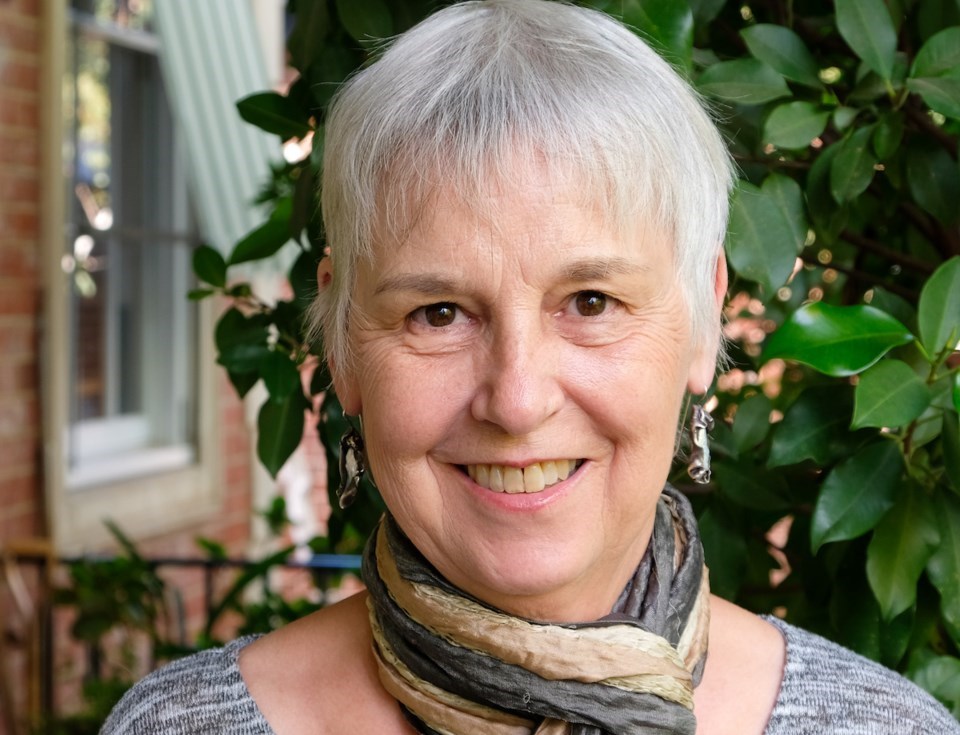A leading sleep expert from the University of British Columbia says she's puzzled why Premier John Horgan continues to push toward a permanent shift to daylight saving time despite well-established health concerns.
Dr. Wendy Hall, a registered nurse who researches sleep in infants and young children, says ending time changes is good but choosing daylight saving time (DST) — keeping clocks ahead one hour — over standard time presents more health challenges than benefits.
“Essentially, what's happening is we still have to wake up early in the morning, because we have to work, we have school... But we tend to stay up later in the evening because of the change in the clocks, because there's more daylight hours later in the day. So, there's more light later in the day and what that does is it actually contributes to us losing sleep,” explained Hall in an interview with Glacier Media.
Hall describes the phenomenon as “social jetlag,” whereby our internal clocks are misaligned with our body clocks.
Hall says a German study of 55,000 Europeans in 2008 found people lost an average of 30 minutes of sleep each day on DST when compared to standard time.
This is concerning, she says, since “decreased sleep is associated with increased risk of smoking, higher alcohol and caffeine consumption and a higher incidence of mental health problems.”
“There's some evidence to show that it led to a higher risk for cancer, obesity, diabetes, and cardiovascular problems,” Hall added.
Sleep experts are aligned in their opposition to permanent DST, said Hall, citing the American Academy of Sleep Medicine (AASM), the European Biological Rhythms Society, the European Sleep Research Society and the Society for Research on Biological Rhythms.
The American Academy of Sleep Medicine issued a statement Tuesday applauding the U.S. Senate’s passing of the Sunshine Protection Act, but with one caveat.
“The AASM cautions that making daylight saving time permanent overlooks potential health risks that can be avoided by establishing permanent standard time instead.”
Horgan roundly applauded the Senate bill, which calls for permanent DST.
On Tuesday, the premier tweeted: "Pleased to see progress on this from Washington, DC. For British Columbia families who have just had to cope with the disruptions of changing the clocks, this brings us another step toward ending the time changes permanently."
The U.S. Congress and White House still need to pass the bill and sponsor Marco Rubio indicated if that happens then clocks will not roll back one hour in November 2023.
“We’re hopeful it will pass this year and this will be the last time we spring forward,” said Horgan Friday of the U.S. efforts.
Horgan’s government introduced the “Interpretation Amendment Act” in October 2019 to allow for a future move to permanent DST after 93% of British Columbian respondents indicated support for the change in a “record-breaking public engagement,” the government noted at the time.
But Hall says the consultation was flawed as it only provided the option of permanent DST and not permanent standard time.
“The media goes on and on about 93% of the people who responded to the survey voted for permanent daylight savings, but that wasn't actually what they voted for. They voted for no longer changing back and forth in the spring and in the fall. They didn't give the option of people looking at standard time; they only gave the option of permanent daylight saving time,” explained Hall.
Even groups that supported permanent DST in consultation, such as the BC Chamber of Commerce, cited sleep loss as a reason — but only because of the short-term consequence of the actual time changes.
Hall and other standard time proponents say there’s a misguided mindset around daylight saving time being associated with longer summer days, which are largely welcomed by people.
“You don't end up with more light. There's only so much light; you just get the light later in the day as compared to standard time,” said Hall.
Horgan's position is that B.C. will follow the U.S. But as Hall notes the Americans have less skin in the game. She explained that people positioned higher in the hemisphere, such as Canadians, are more impacted by the dark winter mornings.
“I looked at what we're looking at if we went to permanent DST; so in Vancouver, by December, we would not be getting sunrise until nine in the morning. That's not great but if you look at places like Prince George, you're talking about 10 or 10:30 in the morning for sunrise,” said Hall.
The sleep expert does acknowledge an increased risk of evening accidents and people being affected by seasonal affective disorder.
Across campus is Dr. Stanley Coren, professor emeritus in the department of psychology, who provides a less damning opinion of DST.
Coren told Glacier Media his research on time changes shows an increase in traffic accidents, particularly in the days following the spring forward (more morning drivers in the dark).
But Coren is not as adamant as Hall that sleep rhythms are overly impacted; there are both benefits and consequences to both standard time and daylight saving time, he says.
For Coren the key issue is the time changes.
“I’m happy to get rid of the shift. But whether you decide on daylight saving or standard time, it really makes no difference,” said Coren.


